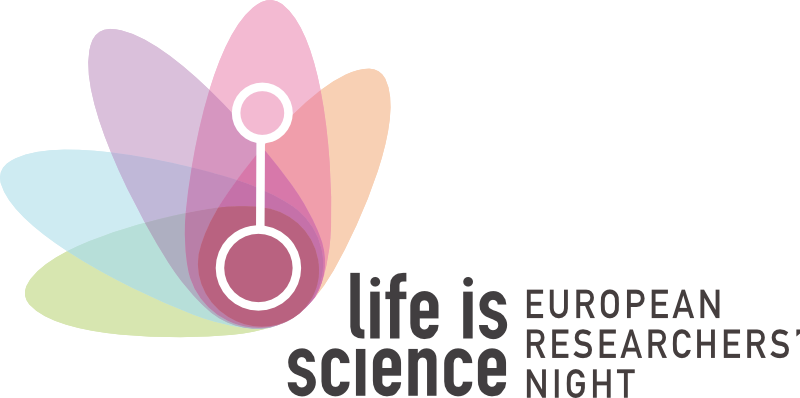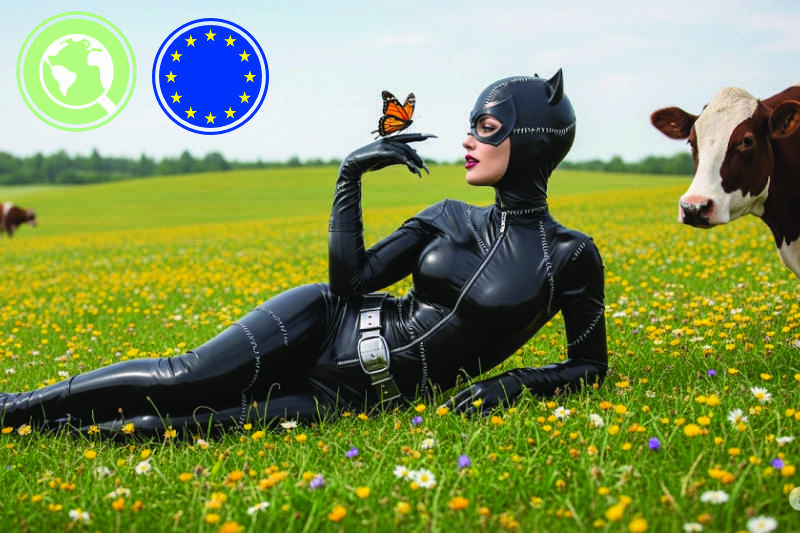As carbon emissions rise, the leather industry faces pressure to adopt sustainable alternatives due to its high environmental impact. This study introduces a biorefining method that uses lignocellulosic waste to grow fungal biomass for producing a leather-like material. The resulting fungal leather has a much lower carbon footprint compared to traditional and synthetic leathers. By combining waste valorization, carbon capture, and circular economy principles, this approach offers a promising path toward more sustainable leather production and global climate goals.
Art der Station: Mitmachstation
Anbieter*in: Razieh Shafiei Alavijeh, Postdoc researcher at Research Group of Microbiology, Vrije Universiteit Brussel
Altersempfehlung: ab 19 Jahre
Ort und Dauer: Universalmuseum Joanneum (Foyer), 15 bis 19 Uhr am 26.9.25
Foto: acib

